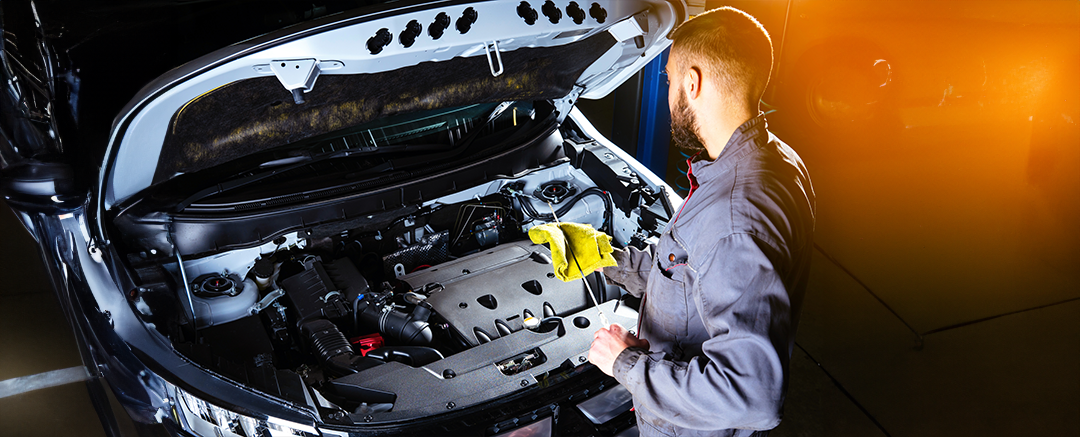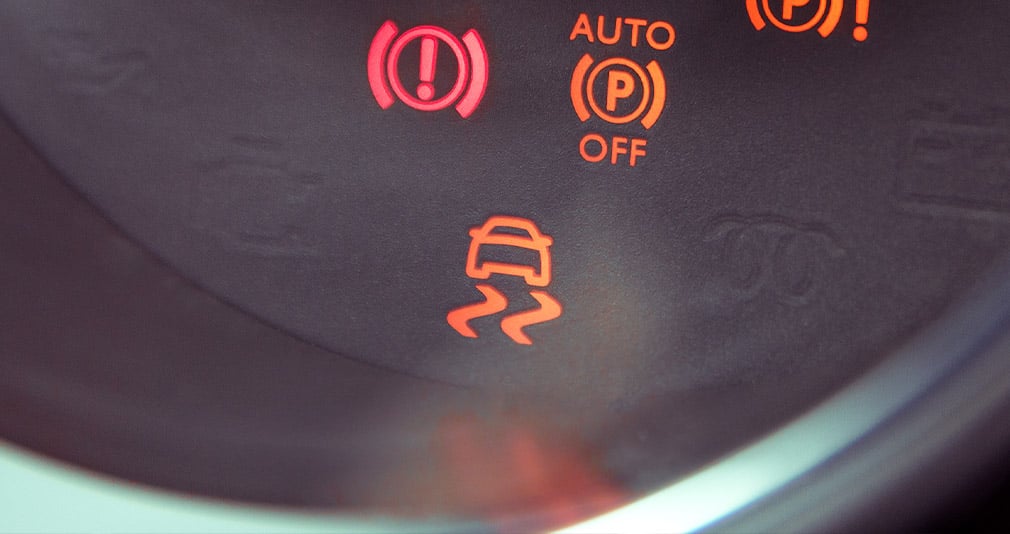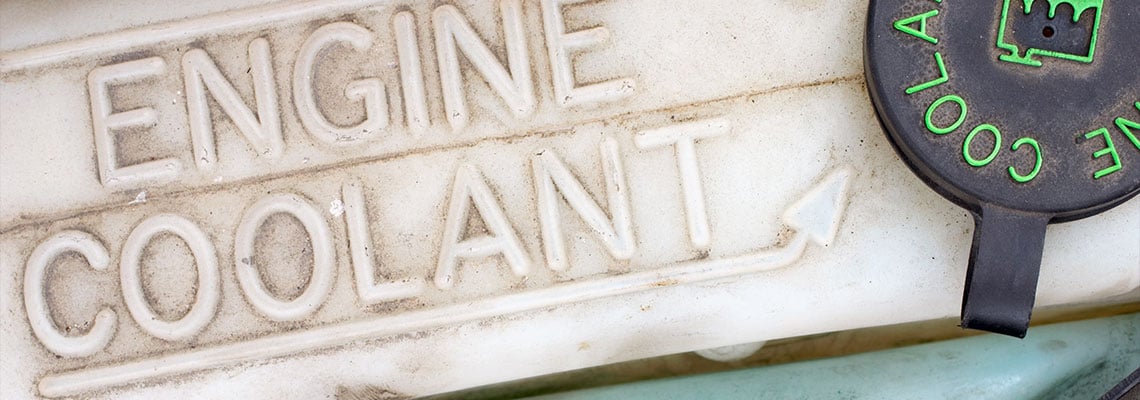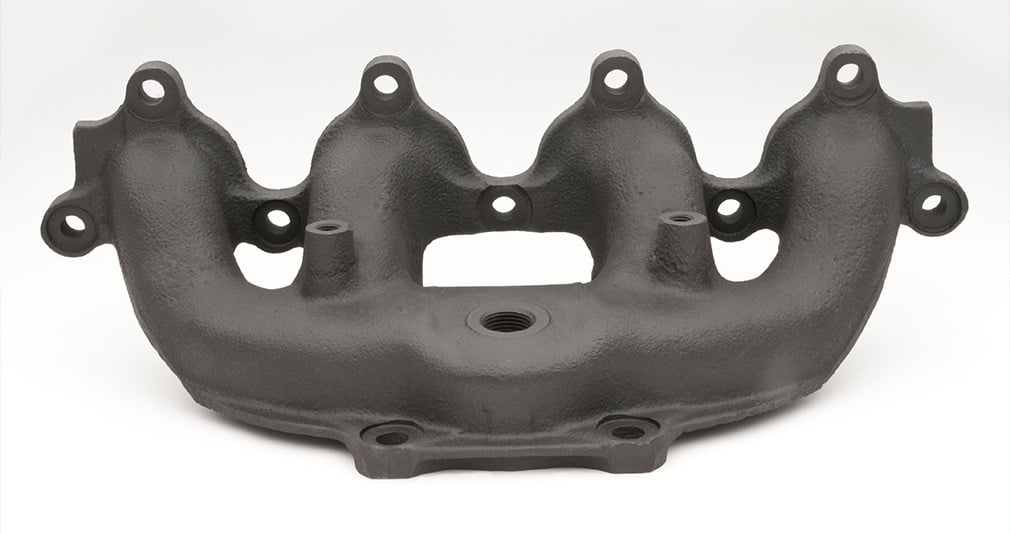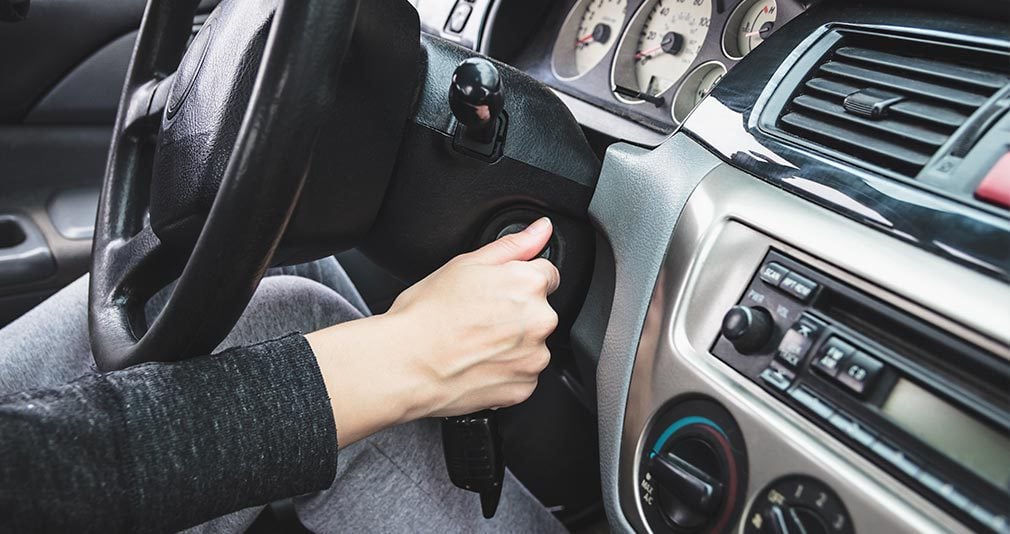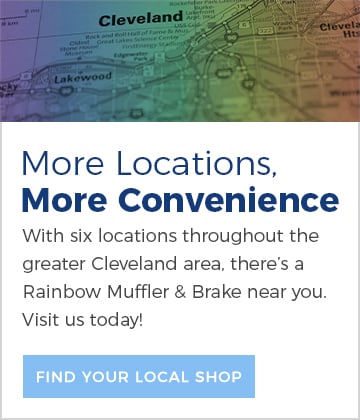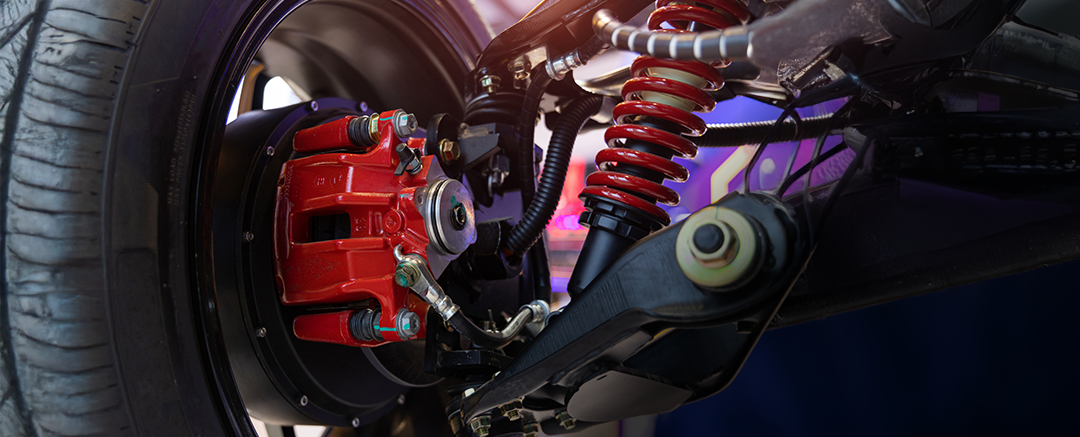A regular maintenance schedule is one of the best things you can do for the health and safety of your vehicle.
Not only does it extend the lifespan of your car, but regular diagnostic and preventive maintenance visits can save money in the long run by catching small issues before they become major problems. In fact, According to Consumer Affairs, “You should get two oil changes and a basic inspection once a year (about $360 total) can potentially prevent a $3,000-plus repair later.”
In this post, we’ll answer a few common questions about regular preventive maintenance visits, including:
- What maintenance does a car need?
- What is a typical vehicle maintenance schedule?
- How much does a maintenance visit cost?
What Is an Average Maintenance Schedule?
Your owner’s manual will give you the specific maintenance schedule for your vehicle. For a general guide, start with the 30-60-90 schedule. This schedule reminds you to inspect, change or replace certain items at 30,000, 60,000 and 90,000 miles.
We’re going to break it down a bit more to give you a closer look at a basic car maintenance schedule.
0 to 30,000 miles: Caring for Your New Car
Your new (or nearly new) car shouldn’t require major repairs within this mileage window. Start getting in the habit of regular maintenance and develop a baseline idea of how your car operates.
-
5,000 miles: Oil change. Your mechanic may recommend you change the oil every 3,000 miles if you drive an older vehicle, but most of today’s models can handle 5,000 miles between oil changes. Of course, if you see leaking or the oil light comes on (it’s the one that looks like a genie lamp), bring it in right away.
-
6,000-8,000 miles: Tire rotation. To prevent uneven wear, plan to have your tires rotated at least every 6,000 to 8,000 miles. You may opt to save yourself a visit and have the tires rotated along with your oil change.
-
15,000 miles: Air filter change. Once per year, or about every 15,000 miles, swap out your air filter. A clean filter can cut down on emissions and help your car run more efficiently. If you drive or park in an especially dusty area, you may want to change your air filter more frequently.
- 20,000 miles: Replace brake pads. Brake pads should be changed about every 20,000 to 50,000 miles. If you carry heavy loads or are particularly hard on your brakes, you may find yourself at the lower end of that range. Of course, any squeaking, squealing or grinding, regardless of mileage, warrants a trip to the shop.
30,000 to 60,000 miles: The Maintenance Middle
By now, you’ve established a maintenance routine that includes annual preventive visits. As your car rolls into the middle mileage range, it’s even more important to keep up the routine.
- 30,000 miles: Brake fluid flush. You’ll need a brake fluid flush about every 3-5 years or at the 30,000-mile mark, depending on your driving habits.
- 36,000 miles: The milestone checkup. Most car warranties expire at three years or 36,000 miles. Before you hit this major milestone, have your mechanic give your gal the once-over to ensure everything covered under that bumper-to-bumper policy is in good shape.
- Up to 60,000 miles: Major services. Around the 50,000 to 60,000-mile mark (five years or so on average), you’ll find most of the systems in your car will need some type of attention. This is the time to stay on top of replacements, like the battery, tires, brake rotors, coolant and transmission fluid. Use your annual visit to discuss with your mechanic what needs to be done and when.
60,000 to 90,000 miles: The Upkeep Investment Period
If you’re looking for longevity (and who isn’t), this isn’t the time to ignore regular car maintenance. Cars in this range are still very much in their prime but need care and attention to keep running smoothly and safely.
- 60,000 miles: Check your hoses. Your mechanic will inspect your car’s connection points and hoses at your annual visit. As your car racks up the miles, some may become cracked and need replacing.
- 75,000 miles: Fluid and belt check. Plan for a power steering fluid flush around this time, or if your steering wheel starts to feel heavy or make noise when you turn. This is also a good time to swap out the timing belt.
- 90,000 miles: Spark plug service. Many spark plugs today can last up to 100,000 miles or more, but cheaper versions may not make it to 90k. Pay attention to your check engine light and have your mechanic do a plug check at your annual visit.
100,000+ miles: Just Keep Truckin’
By this time, you and your car are in a predictable maintenance routine. Keep scheduling (and showing up for) your preventive maintenance visits, regular oil changes and tire rotations. At this rate, you’ll make it to 200,000 without a hitch. Here are a few things to watch out for as your car creeps into its advanced years:
- Water pump. If you’ve made it this far with your original water pump, it might be time to change it. It could start to leak and cause issues with your cooling system.
- Exhaust system. You might hear some clanking or rattling as your car undergoes regular wear and tear. Have your mechanic inspect the exhaust system and recommend repairs or replacements, including the O2 sensor and catalytic converter.
- Suspension components. Over time, parts like shocks and struts can wear out, leading to a rougher ride and decreased handling. Inspect and replace as necessary for a smooth ride.
- Alternator. The alternator keeps your battery charged and powers your car's electrical systems. If you notice dimming headlights or trouble starting your car, it might be time for a replacement.
How Much Does a Preventive Maintenance Appointment Cost?
The cost associated with regular preventive and routine maintenance can vary depending on a number of factors, including the type of car you drive and your driving habits. A year’s worth of oil changes and a basic annual visit is likely to cost between $300 and $400. As your car ages, the maintenance visits may uncover issues that will require repairs or replacements.
Why Maintenance Matters
It can be tempting to save a few bucks and skip your vehicle’s maintenance appointment if all seems well with your car, but waiting until you notice a problem may end up costing you more in repair fees, new parts and time spent waiting on a fix. Here are a few additional benefits to keeping your maintenance appointments:
- Your car will last longer. According to Car and Driver, “There is absolutely no substitute for regular preventive maintenance.” The average lifespan of a modern vehicle is around 12 years or 200,000 miles. One of the primary factors in making it that long (or longer) is routine maintenance.
- You’ll be safer. Problems with your car’s systems or equipment, like brake malfunctions or worn tires, often compound over time. Bringing your car in on a regular maintenance schedule allows your mechanic to catch issues with these important systems before they become safety hazards.
- It saves you money. Not only will you save money on major repairs caught early, regular maintenance helps your car preserve its resale value, a boon when it comes time to trade it in.
Whether you stick to your recommended schedule like clockwork or it’s been a while since your last visit, the trusted technicians at your nearest Rainbow Muffler and Brake are ready to get you back on track and out on the road.

